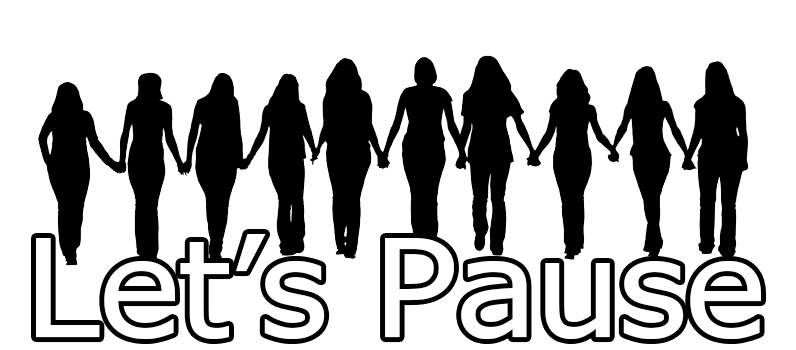Introduction: Every woman’s life is an extraordinary journey, and one of the significant milestones in this journey is menopause and midlife. Menopause is a natural biological process that marks the end of a woman’s reproductive years. It typically occurs in the late 40s or early 50s, and along with it comes a range of physical, emotional, and hormonal changes. While menopause can be challenging for some, it also presents an opportunity for growth, self-discovery, and empowerment. In this blog, we will delve into the various aspects of menopause and midlife and offer valuable advice on how to embrace this transition and thrive during this phase of life.
Understanding Menopause and Midlife:
Menopause is a normal part of a woman’s aging process, defined by the absence of menstruation for 12 consecutive months. It occurs when the ovaries gradually stop producing eggs and the levels of estrogen and progesterone decline. Perimenopause, the transitional phase leading up to menopause, can begin several years before menopause itself. During this time, hormone levels fluctuate, leading to irregular periods and various menopausal symptoms.
Midlife is the period in a woman’s life that encompasses menopause and extends beyond it. It is a time when children may be leaving the nest, careers might be at their peak or transitioning, and thoughts about aging and mortality become more prevalent. Midlife can also be a time of reevaluation and reinvention, as women may seek to explore new passions and redefine their priorities.
Common Menopausal Symptoms
Menopause brings with it an array of symptoms that can vary in intensity and duration for each woman. Some of the most common symptoms include:
- Hot Flashes and Night Sweats: Sudden feelings of heat, often accompanied by sweating, can be uncomfortable and disruptive to sleep.
- Mood Swings and Emotional Changes: Fluctuating hormone levels can contribute to mood swings, irritability, and feelings of sadness.
- Sleep Disturbances: Insomnia or restless sleep may become more frequent during menopause.
- Vaginal Dryness: Declining estrogen levels can lead to vaginal dryness, causing discomfort during intercourse.
- Changes in Libido: Some women may experience a decrease in sexual desire.
- Physical Changes: Menopause can lead to changes in skin elasticity, weight distribution, and hair growth.
Advice for Navigating Menopause and Midlife
- Educate Yourself: Understanding the biological and emotional changes that occur during menopause can help you navigate this phase with more confidence. Read books, attend workshops, and talk to healthcare professionals to gather information.
- Prioritize Self-Care: Self-care becomes even more critical during menopause. Get enough rest, eat a balanced diet, stay physically active, and engage in activities that bring you joy.
- Seek Support: Don’t hesitate to lean on your support system of friends and family. Sharing experiences and emotions can provide comfort and a sense of camaraderie.
- Consider Hormone Therapy: If menopausal symptoms are severe and affecting your quality of life, discuss hormone replacement therapy (HRT) with your healthcare provider. HRT can help alleviate certain symptoms, but it’s essential to weigh the risks and benefits.
- Explore Mindfulness and Meditation: Practices like mindfulness and meditation can help manage stress, reduce anxiety, and promote overall well-being.
- Stay Active and Exercise: Regular physical activity not only helps manage weight but also boosts mood and promotes better sleep.
- Talk Openly About Sexuality: If you experience changes in libido or discomfort during sex, communicate openly with your partner and, if necessary, seek professional advice.
- Set Goals and Embrace Change: Midlife can be an excellent time to set new personal and professional goals. Embrace change and use this phase as an opportunity for growth and exploration.
- Stay Positive and Embrace Your Wisdom: Celebrate the wisdom and life experience you have gained. A positive attitude can make a significant difference in how you perceive and experience menopause and midlife.
Conclusion
Menopause and midlife are transformative phases that can bring challenges and opportunities. By educating ourselves, seeking support, and practicing self-care, we can navigate this journey with grace and resilience. Embracing the changes and focusing on personal growth and well-being will enable women to not only survive but thrive during menopause and midlife, embracing this beautiful chapter of life with open arms. Remember, it’s never too late to embark on a new adventure and make the most of this remarkable time in a woman’s life. Join our support group and let’s talk.


Comments are closed